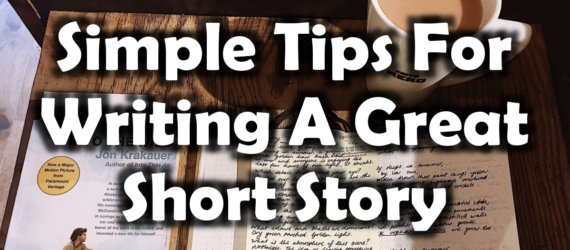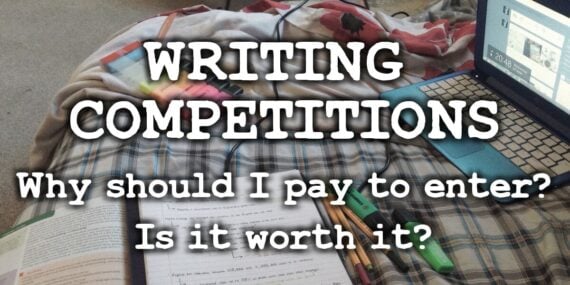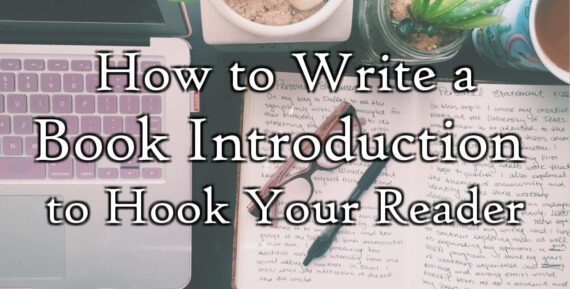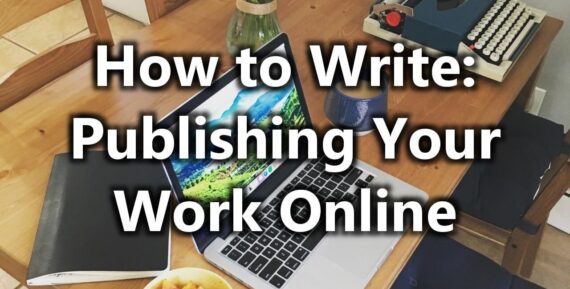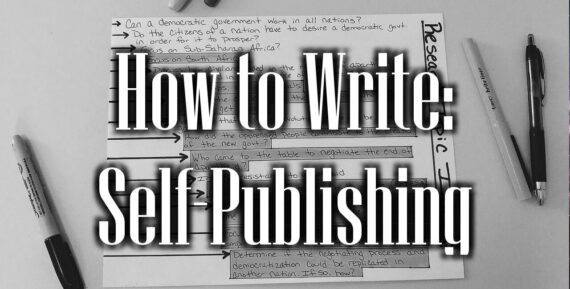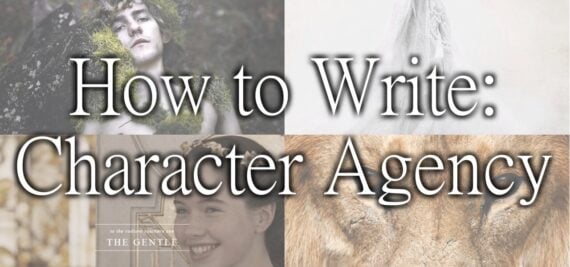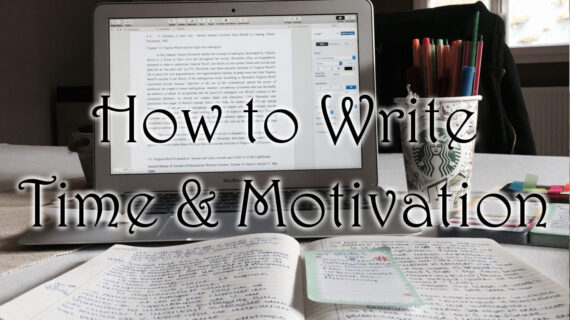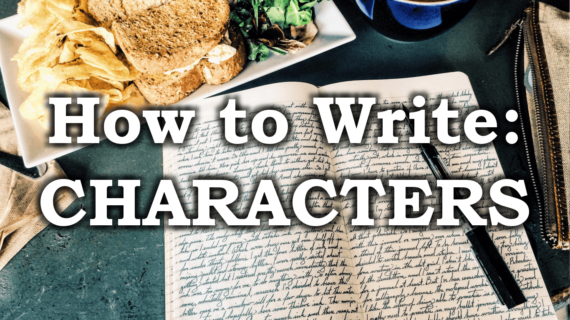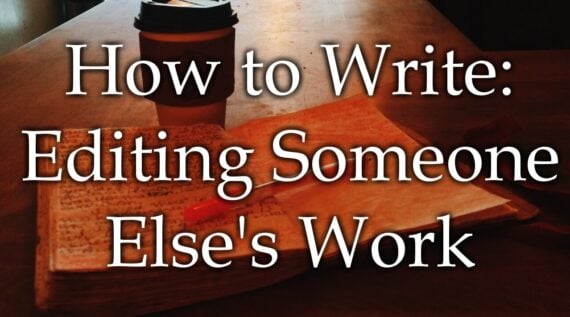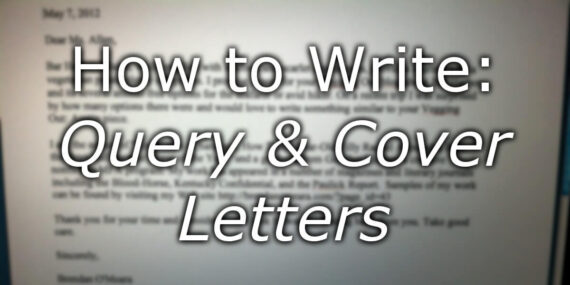Simple Tips For Writing A Great Short Story
A well-written short story can pack a punch. In a short amount of time, a writer can create a relatable character, a unique setting, and an intriguing plot. Writers can practice all types of genres from dystopias to romance and more. But as anyone who’s attempted to write a short story without success can attest,…
